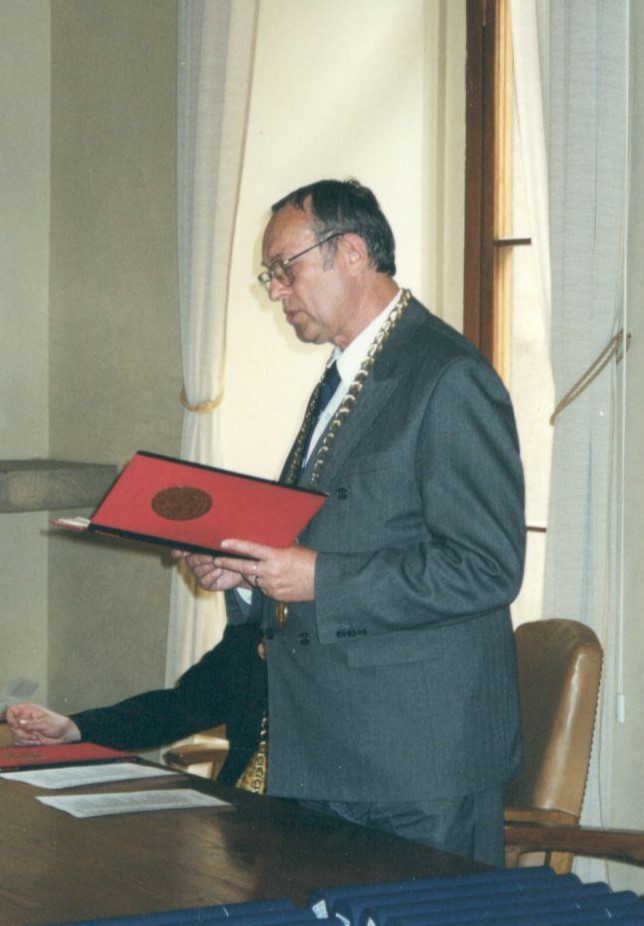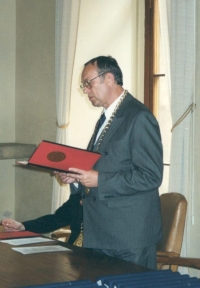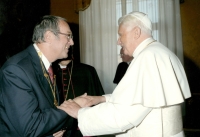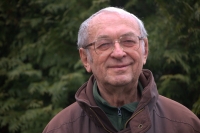I fought against the regime with my work

Download image
Lubomír Mlčoch was born on 13 May 1944 in Troubky in Haná region. He was baptized and attended religious classes, although his family did not practice the faith. In 1958-1962 he studied at the secondary general education school in Přerov. From 1962 he studied finance at the University of Economics (VŠE) in Prague. In 1964, he added a major in political economy. During his studies he joined the Communist Party of Czechoslovakia (KSČ) in order to do academic work. After successfully completing his university studies in 1967, as a graduate soldier he began a year of military service in the Karlín barracks, where he experienced the invasion of Warsaw Pact troops in August 1968. He was expelled from the party during the checking process and later could no longer engage in academic activities. He worked as an economist at Tesla in Holešovice. In the 1970s he found his way back to Catholicism. In the 1980s he attended Václav Klaus’ banking lectures. In 1988 he joined the Prognostic Institute of the Czechoslovak Academy of Sciences. In the 1990s he participated in the renewal of the Catholic Church. From 1997-2003 he served two terms as Dean of the Faculty of Social Sciences at Charles University. In 2001, Pope John Paul II awarded him the Knight’s Cross of the Pontifical Order of St. Gregory the Great. In 2008, Pope Benedict XVI appointed him a member of the Pontifical Academy of Social Sciences. In 2025 he was living in Prague.


